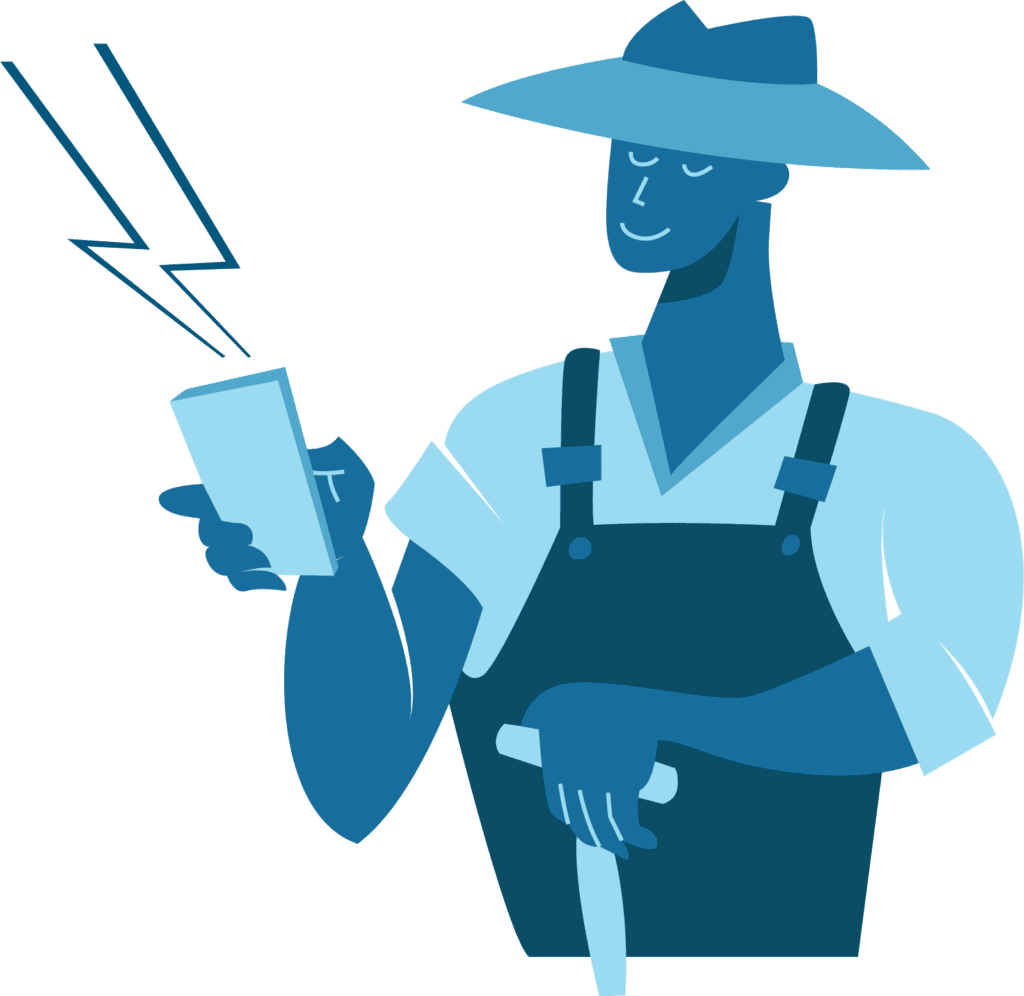WELCOME
Dare we say it? The coronavirus pandemic seems to be receding, finally – or in the very least, governments have begun lifting restrictions as if it were. But while we are shifting our focus from the virus that held the world captive for over 2 years, a new crisis has violently come into focus. I am, of course, talking about the invasion of Ukraine by the Russian army.
There is a constant backdrop to these crises that deserves a spotlight in and of itself, but only gets one occasionally, when a new alarming report is published: the climate crisis. As I’m writing this foreword, the climate panel of the United Nations (UN), IPCC, published yet another report arguing that we only have three years left to turn things around. As their previous report stated, almost half of humanity is currently living in a danger zone and at grave risk of flooding, wildfires, droughts or other natural disasters.
What’s most striking to me, is that it’s the same people who are being hurt over and over again: the people at the other end of food supply chains. Globalisation causes a ripple effect that my colleague Isa personally witnessed during a field visit in Honduras. While in the middle of a meeting with a coffee cooperative, the cooperative’s manager’s phone started buzzing repeatedly: only hours after Putin ordered the invasion of Ukraine, he saw coffee prices plummeting at his end. Soon, journalists around the globe reported on other effects the war had on the world of our food. Last I read, prices of cooking oils, cereals and meats are hitting all-time highs, costing a third more than in the same period a year ago, due to disrupted exports in the Black Sea. As an FAO spokesperson tells The Guardian: “The higher price quotations are particularly concerning for countries already struggling with other crises, including conflict, natural disasters, economic conditions or, as it is often the case, some combinations of those.” I probably don’t have to explain how the climate crisis is affecting food producing communities too.
That leaves us here at Fairfood with no time left to mope around. As UN secretary-general António Guterres stated in response to the IPCC report: “Now is the time to turn rage into action.”
Looking back at 2021, I can confidently say that we did, in fact, act.
As we continue our work on transparent and traceable food supply chains, we are steadily moving towards our end goal: redistributing value across food supply chains, with a fair income or wage for the people behind our food. In doing so, we kicked-off the 5-year programme RECLAIM Sustainability!, that has us and Solidaridad, along with other partners, reclaiming the essence of sustainability, ultimately eradicating poverty from global supply chains. As a part of this programme, three cocoa and coffee projects in Uganda, Honduras and Sierra Leone help prove the business case for transparency and traceability.
Some front-running companies don’t need the proof, but are already convinced and acting. It’s these companies, like Trabocca, Total Produce and Verstegen Spices & Sauces, that help set the stage for the ones that are staying behind. We are proud of the wonderful journeys that we’ve embarked on with them, in which transparency, traceability, fair pricing, and living wage and income take centre stage. Together, we are working toward a new normal!
As we have in past years, we dedicated our advocacy work to clarifying concepts as a background to the work we are doing on the ground: from blockchain technology, transparency and traceability, to decent wages and income. It brings us comfort to see these concepts make their way onto the agenda of companies large and small, as well as governments. Like our friends over at Oxfam wrote: “Living income is trending. More and more food and agriculture companies are adopting living income commitments, and others should follow suit.” We will continue to develop our solutions, and stay at the very centre of tech for good in agri-food.
2022 will be all about collectively seeing our commitments through. Fairfood will be ready to help food companies to turn theirs into action.
Sander de Jong – managing director
This annual report has been approved by the Supervisory Board and an independent accountant on June 20th. Download the statement from the accountant here.



